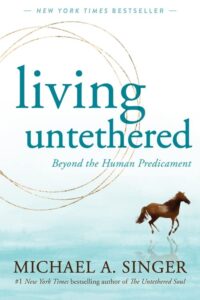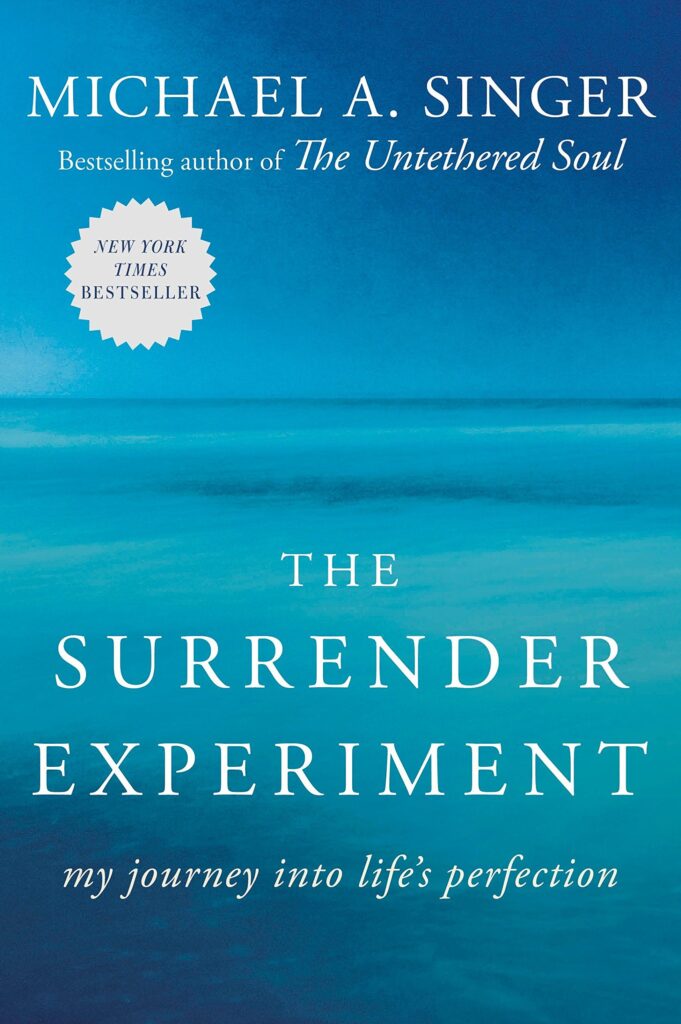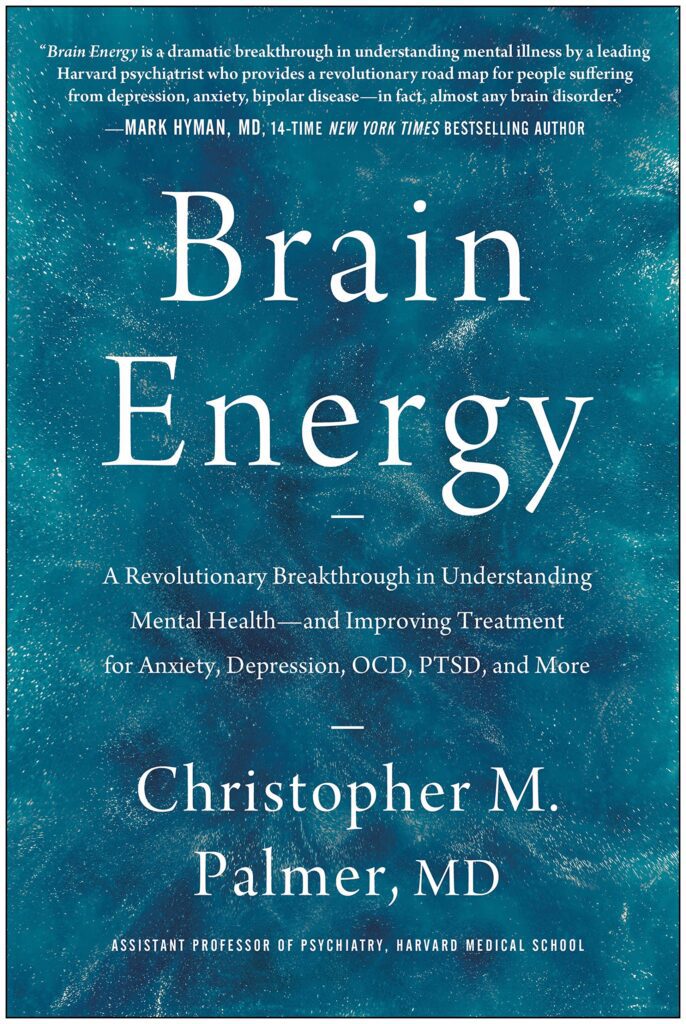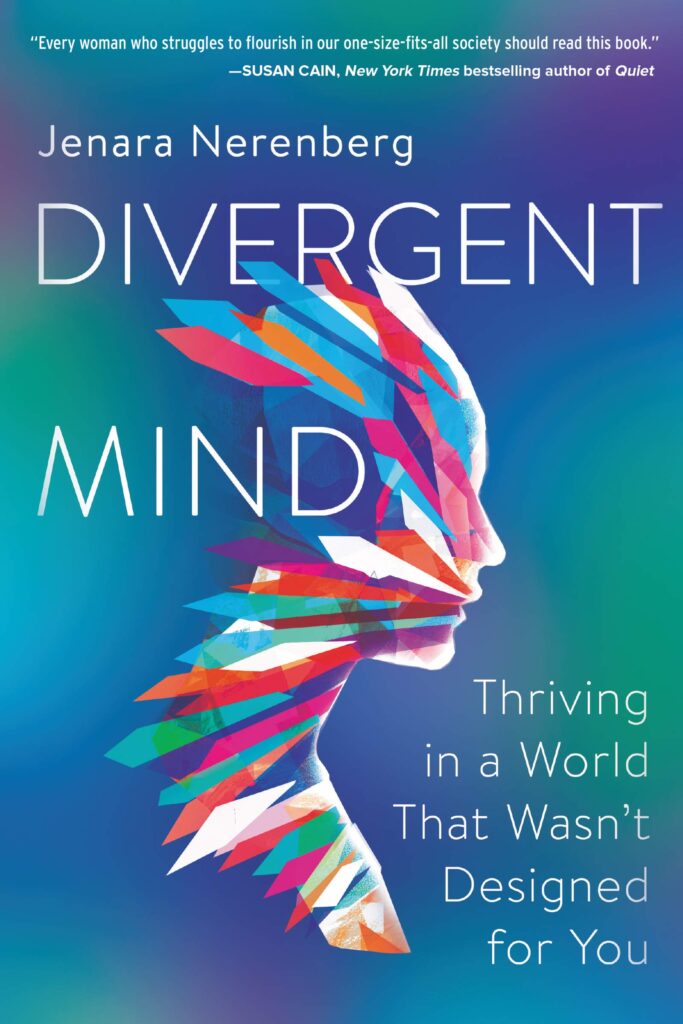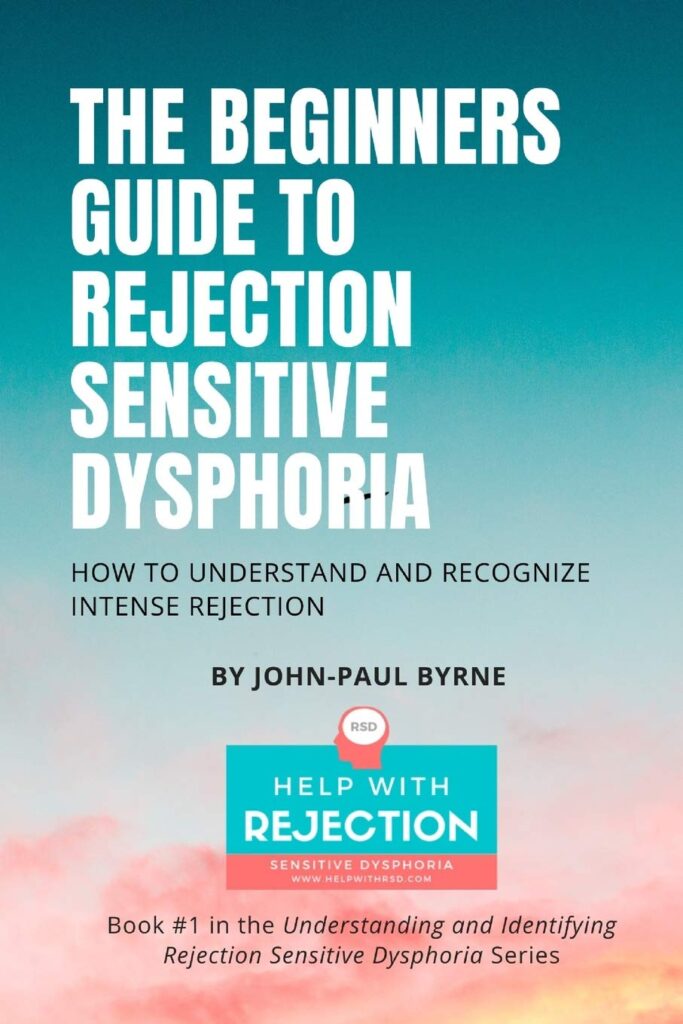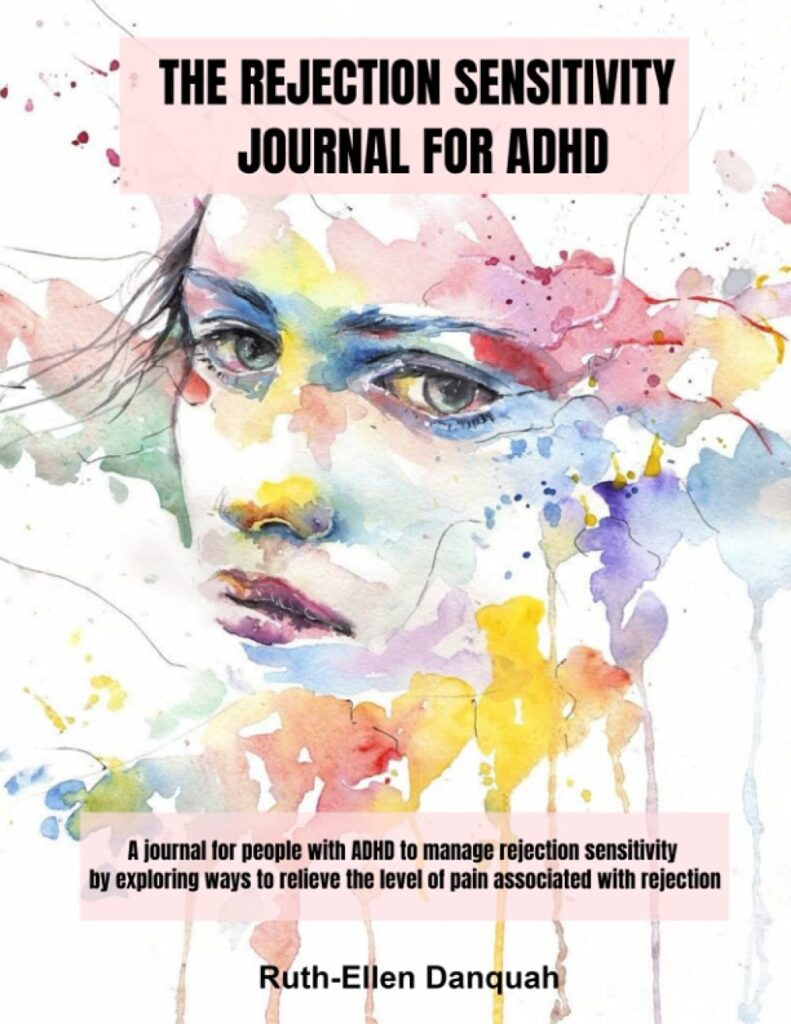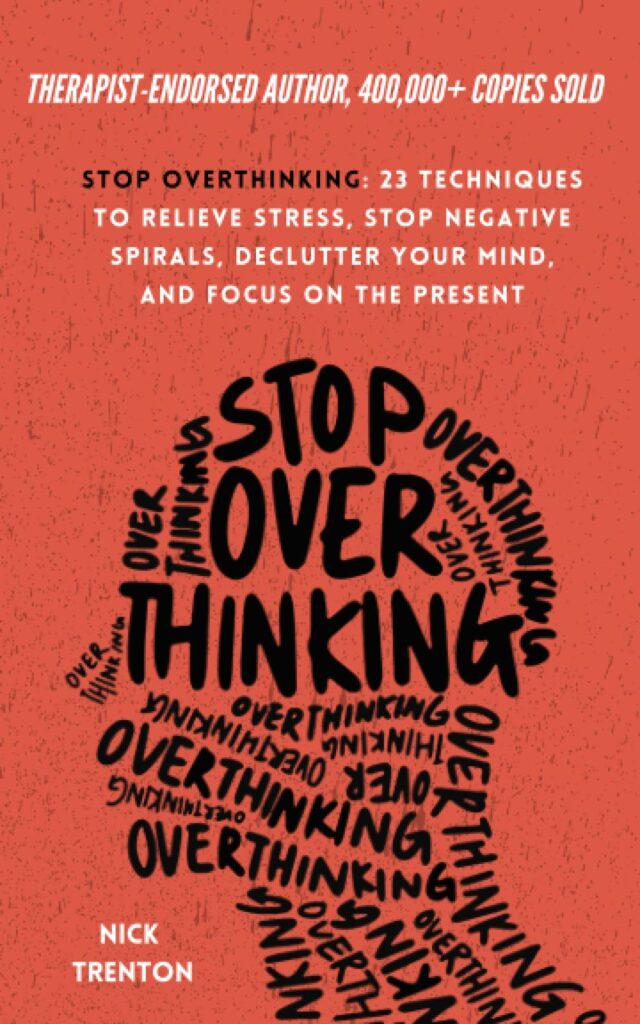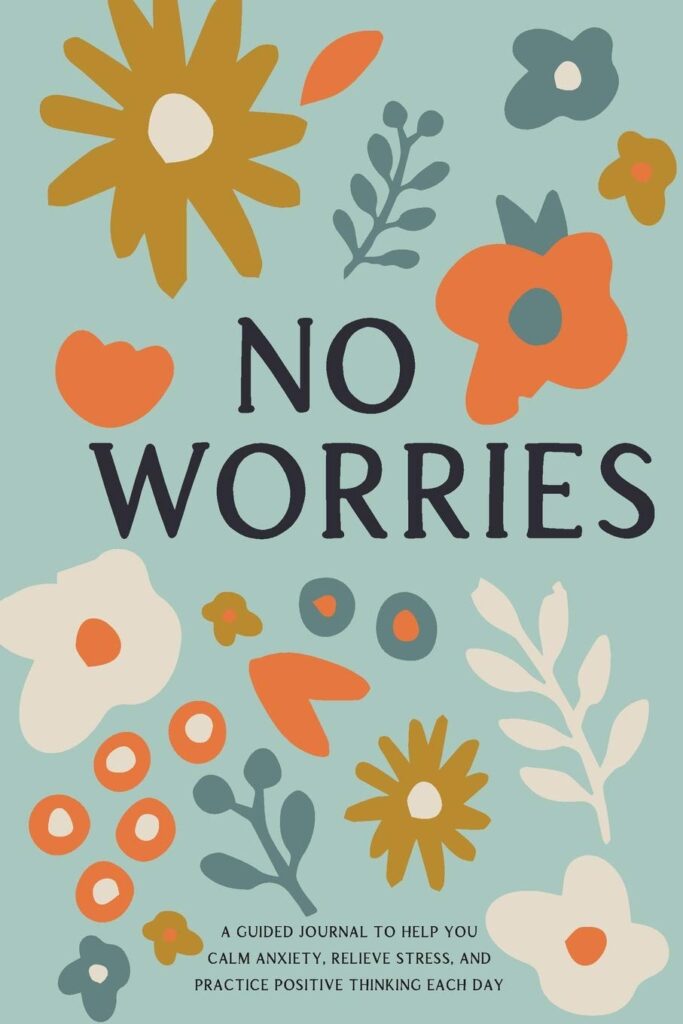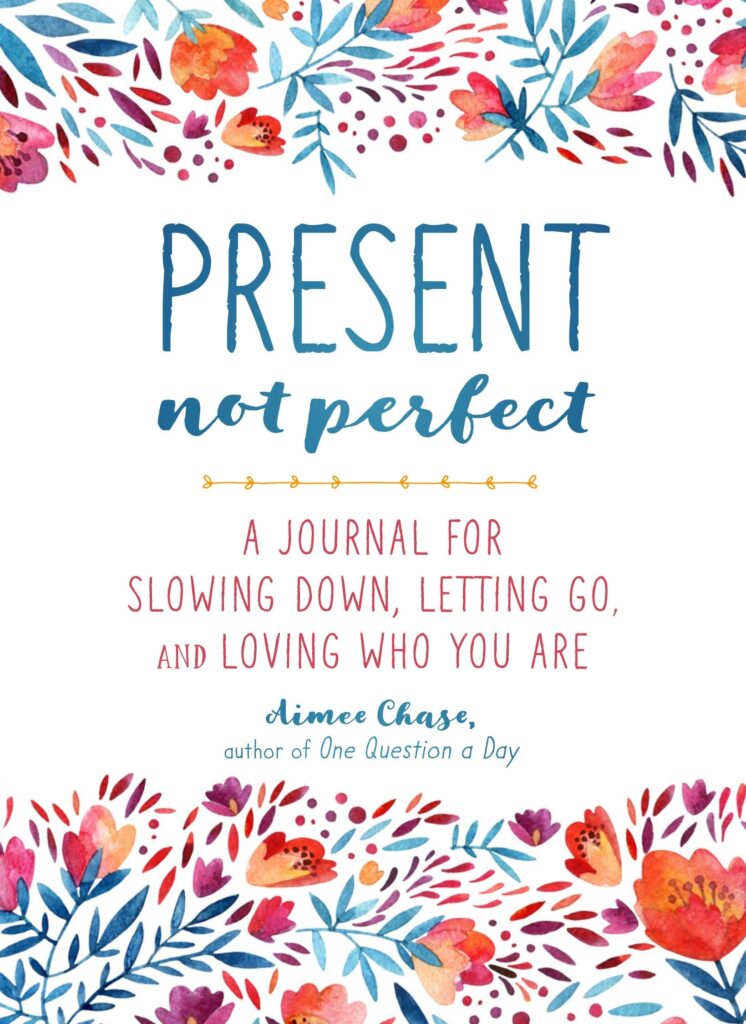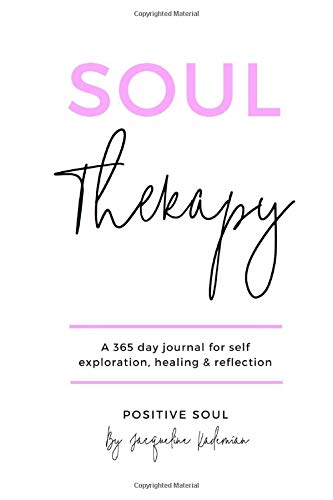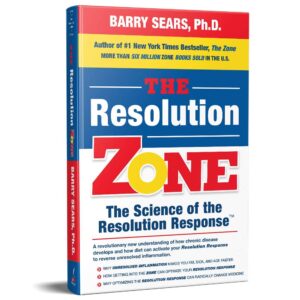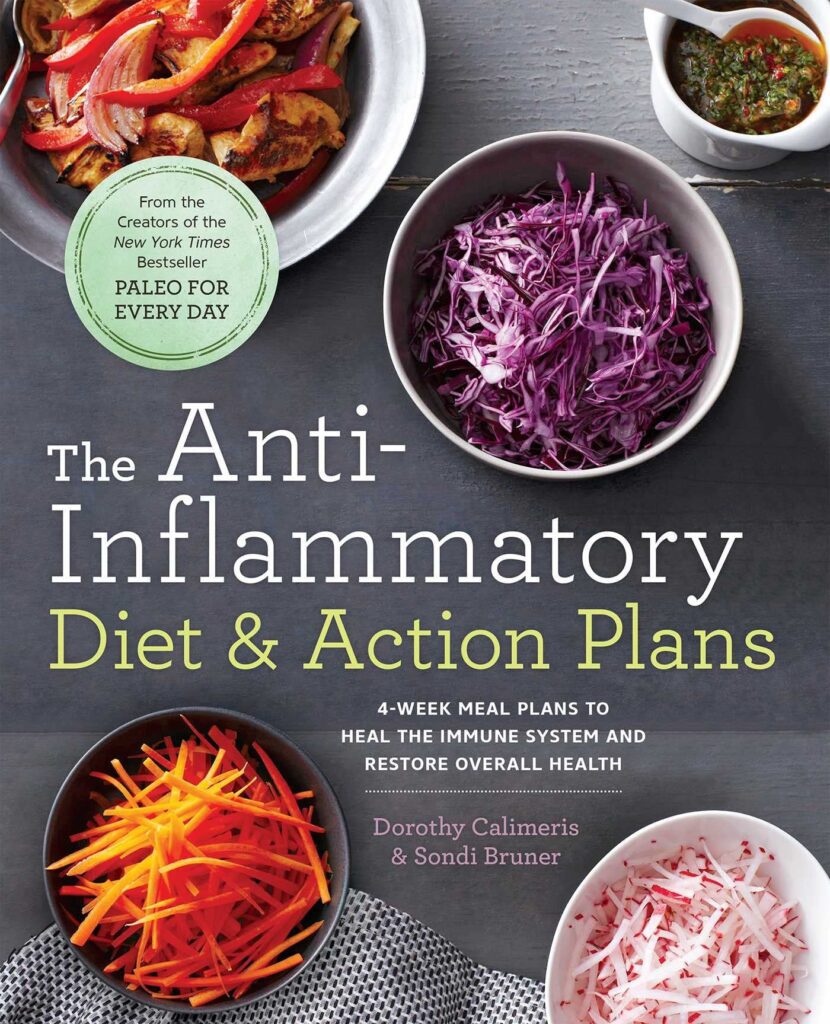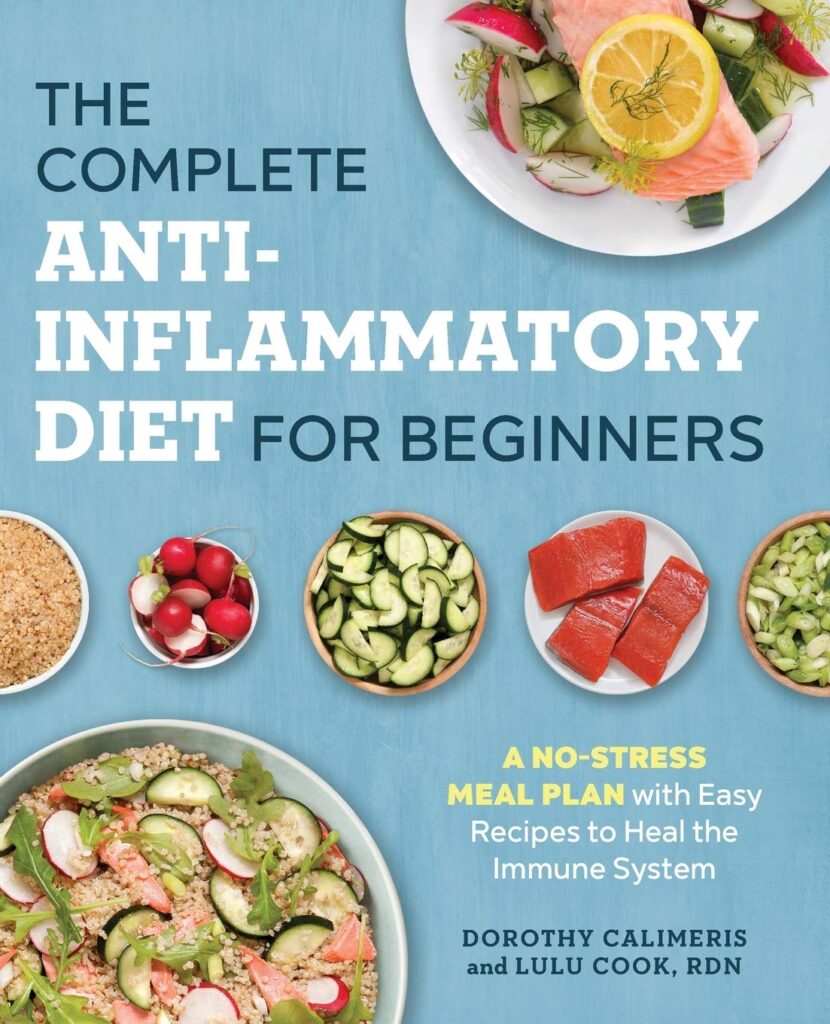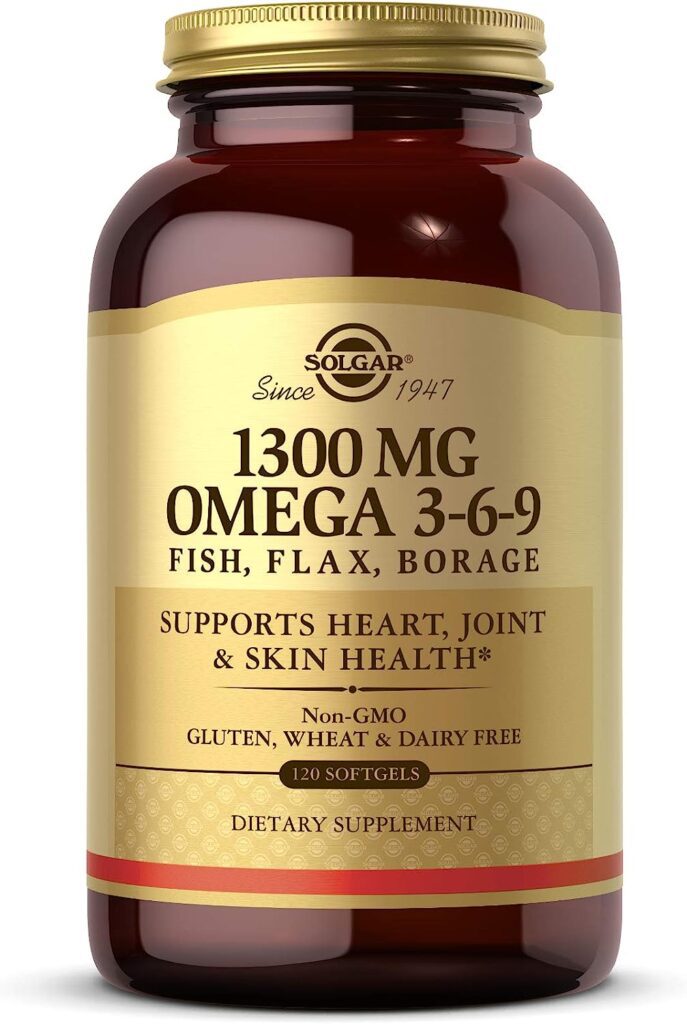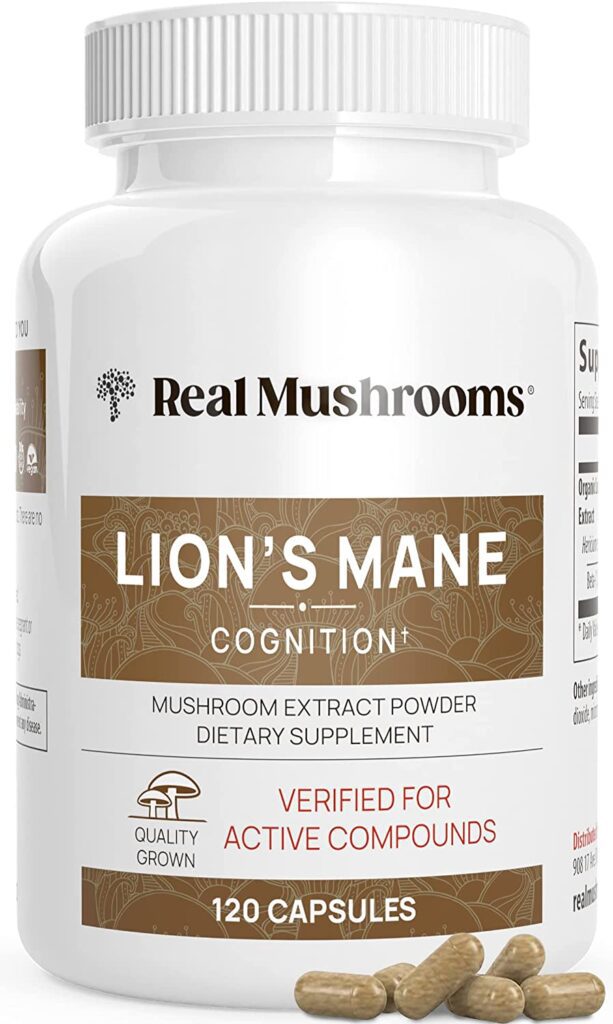Rejection Sensitive Dysphoria in Layman’s Terms
Rejection Sensitive Dysphoria (RSD) is a condition that is characterized by an extreme sensitivity to rejection. (Real or imagined.)
Rejection Sensitive Dysphoria is when a person feels intense emotional pain related to rejection. RSD is often associated with conditions such as attention deficit hyperactivity disorder (ADHD) and borderline personality disorder (BPD), but it can also occur on its own.
Common symptoms include:

so what does this really feel like?
Like ADHD, Rejection Sensitive Dysphoria is unique to each person. No two brains work alike and with RSD it is no differant. However, for most, who can actually explain what they are feeling, it’s like receiving a physical wound. Everything instantly hurts. You can feel the sudden wave of nausea, get a racing heart beat, a throbbing headache overpowers you. Emotionally you might want to cry, scream or throw things. Everything is seen through a dark, hopeless perspective.
In layman’s terms – RSD is a triggered, wordless emotional pain that occurs after a real or perceived loss of approval, love or respect. Simple things that, to a neurotypical person, would barely warrant a sigh of disappointment, will send the person with RSD, who is unable to properly filter and process these rejections, immediately spiralling into a dark void of anxiety and self-loathing. The ‘pain’ is extreme. And it’s real.
Read the words from those who actually suffer from RSD in this post from ADDitude. They will give you some real insight into what RSD actually feels like.
first and foremost
Experts aren’t sure exactly why RSD happens, but believe it involves issues with the structure and the size of the brain, much like those with ADHD.
Researchers do know that social rejection does cause similar brain activity to that of physical pain. Likewise, research has proven that the ADHD/RSD brain doesn’t regulate internal communication the same way as the neurotypical brain. The brain areas that filter and regulate signals aren’t as active and could likely explain why rejection is so much more disturbing and painful to someone with RSD.
Article Continues Below
Rejection Sensitive Dysphoria in Layman’s Terms
A Few Favorites To Get You Started
Read Our Affiliate Disclaimer
Rejection Sensitive Dysphoria in Layman’s Terms
Article Continues Below
get the facts
Once diagnosed, it’s important to get the facts on RSD. Like ADHD and Bipolar Disorder, there is a plethora of data to digest. But it is important to know exactly what you are dealing with. Remember my motto: Knowledge is power and you want all the power you can get. Become the expert on the subject and you will be all the better for it.

so what causes Rejection Sensitive Dysphoria
Genetic testing holds promise for individuals grappling with rejection sensitive dysphoria (RSD), a condition characterized by intense emotional reactions to perceived criticism or rejection. Emerging research has suggested a potential link between RSD and certain genetic factors, with the gene FKBP5 garnering particular attention in a 2017 study. FKBP5 is thought to play a role in regulating the body’s response to stress and variations in this gene may influence an individual’s susceptibility to RSD symptoms. By undergoing genetic testing, individuals affected by RSD can delve deeper into their genetic makeup, potentially uncovering predisposing factors that contribute to their condition. Armed with this knowledge, individuals and healthcare providers can tailor interventions and support strategies to address the unique genetic components underlying RSD. Furthermore, genetic testing may empower individuals to make informed decisions about treatment options, including therapy modalities, lifestyle modifications, and pharmacological interventions, aimed at managing RSD symptoms and improving overall well-being. While genetic testing is not a definitive diagnostic tool for RSD, it represents a valuable avenue for exploring the genetic underpinnings of this complex condition and guiding personalized approaches to self care.
And immeditately read Brain Energy and look up the author. This doctor has a whole differant approach to mental illness. He strongly believes that these ‘mental problems’ come from a completely differant place. He believes they stem from poor metobolic health. This is a must read for anyone with ADHD, Bipolar Disorder and/or Rejection Sensitive Dysphoria. Also, binge watch if you can, The Metabolic Link on you tube. You will also look at mental disorders in a whole new light.
Natural approaches in metabolic syndrome management

the latest studies
Keeping up with the latest finds on the subject of RSD is paramount. This topic is still listed in the newish column but conversations are a plenty. Studies are being conducted and hope is definately on the horizon.
Here are four resources that you will want to start with and follow throughout your jouney. They will constantly keep you abreast of the lastest on the topic of RSD.
Remeber that rejection sensitive dysphoria appears to be the one ’emotional condition’ found only with ADHD. Early research on ADHD overlooked rejection sensitivity because it was often, purhaps without intent, hidden.
Keep in mind that RSD is an extreme emotional sensitivity and emotional pain triggered by the perception or imagination by the person with ADHD that they have been rejected, been teased, been criticized, disappointed important people in their lives and/or withdrawn their own approval of themselves when they failed to attain their own standards or goals.
Also realize that the ‘pain’ is extreme. “Dysphoria” is literally Greek for “unbearable.” The pain is so overwhelming that people struggle to find words for it.
Understanding these characteristics will help with your research and decipher correct data from ‘not so good’ data.
so what's a body to do
1. Of cource read books and articles on RSD. There’s a lot of data out there and not all of it is correct. So it’s important to read works written by mental health professionals.
Start with Immeditately read Brain Energy and look up the author. This doctor has a whole differant approach to mental illness. He strongly believes that these ‘mental problems’ come from a completely differant place. He believes they stem from poor metobolic health. This is a must read for anyone with ADHD, Bipolar Disorder and/or Rejection Sensitive Dysphoria.
5. Learn about herbal and natural treatments that help with RSD. These might include dietary supplements, certain foods, herbs, spices and/or mushrooms. Speak with your health care provider about Lion’s Mane mushrooms, Omega-3/6/9 and magnesium.
6. Learn how to learn about you. This one is paramount. Get a journal and start figuring you out. You now know what is taking place inside of you. A slight defect that does not have to define your life. Get control over it and start your journey toward a more peaceful life. The more you become your real self, the less you will worry about fitting into a world that wasn’t necessarily designed precisely for you. This action alone will lead to more contentment and inner peace. And you will be surprised at what inner peace will do for the body and the mind. The spirit is a powerfull entity.
A Few Favorites To Get You Started
Read Our Affiliate Disclaimer Here
so what should you do right now
Get a journal and start learning to learn about you. We here at AlllNaturWell believe journalling is the right place to begin. Discovering who you truly are is a great aid in managing not only RSD, but ADHD and Bipolar Disorder as well. It’s a way to get a grasp on your new found characteristic and ‘take control’ of it. Writing things down allows you to ‘see’ certain patterns in yourself that can be used (or un-used) when learning to manage, and purhaps master, your mental health for the long haul.
As always, I’ve listed a few suggestions below but Amazon has a great variety when it comes to journals, diaries and planners. Again, if you have never journaled, start with something that gives you prompts, reminders and encouragement. And don’t make it chore. Make it a tool that works for you. You might just be the most interesting person you’ll have the pleasure of knowing. So go ahead. Let the self discovery begin.
A Few Favorites To Get You Started
Read Our Affiliate Disclaimer Here
Lets’ step back and take in the whole picture that’s been put before us.
Being diagnosed with RSD, ADHD or Bipolar Disorder can be scary. But, in some way, it can be a relief. Knowing the devil you’re dancing with does give you a huge advantage. And a bit more power.
So let’s recap a moment. The brain is a communication network where messages are sent from one brain cell to the next. There is a gap between these cells, called neurons, which is called a synapse. In order for messages to be passed along smoothly, the synapse needs to be filled with a neurotransmitter. Neurotransmitters are chemical messengers, and each one is responsible for different functions.
The key neurotransmitters for the ADHD brain are dopamine and noradrenaline. In the ADHD brain, there is ‘dysregulation of the dopamine system’. This means, in layman’s terms, that there is either too little dopamine, the dopamine is not being used efficiently or there are not enough receptors for the available dopamine.
It has been proposed that if you have attention deficit hyperactivity disorder there’s a good chance you could also have Rejection Sensitive Dysphoria.
Rejection sensitive dysphoria is when you experience intense emotional pain because of feeling rejected. This condition is linked to ADHD. Experts believe this happens due to differences in brain structure. Because of those structural differences, the brain can’t properly regulate rejection-related emotions and behaviors, making them much more intense.
Medicines used for ADHD often help ease the symptoms of RSD as well
Here are a few articles that will throw some more light on this topic. They are short reads with a plethora of data.
keep going
Now that we’ve covered RSD in layman’s terms, definately dive deeper on a daily basis. Make it part of who you are. Create the habit of reading one relevant article, study or email on the subject daily. Now that’s not to say they will all be relevant to you, but it will force the situation where you stay tuned into the subject. All it might take is one relatable story to reveal a secret that makes your life easier and more enjoyable. And what’s a few minutes spent everyday reading a few thousand words that could deliver a tip, trick or study that could add to the peace and joy in your life.
And write, write, write. Get a journal and start your story today. I am not kidding when I say you are probably a stranger to yourself and have been most of your life.
And last but not least, experiment. By that I mean, try making a few small changes in your routine and see what happens.
Talk therapy for example might be a great place to start. Psychotherapy has become a promicing aid for people with RSD. People with RSD struggle with letting go of past hurts and/or rejection. They may hold onto unkind words or actions directed (whether real or not) towards them for months or years. RSD can also reflect a personal belief that you have let someone down. Therapy doesn’t stop RSD or affect the symptoms but can help a person learn how to better process and manage feelings.
And before we go any further, you must give everything a fair fighting chance to work. Four days to see if a suppliment has any effect on you is not a fair shot. Changes take time to cause results. Like a long time. Remember you have been suffering with RSD most of your life. So adding a suppliment – which I promote heavily at times – will take a bit of time to take hold. So, when you decide to add (or subtract) something to or from your life, make a vow to follow through for 365 days before deciding to retain or abort the action.
The bottom line is that now that you know your situation, take control of it, master it and keep going. Women with RSD, ADHD and/or Bipolar Disorder have made great strides in their worlds and so can you. Learn to learn about you and become who you were always meant to be. It’s never too late to enjoy your life.
While I was researching, I came across a very interesting book that I just had to have – for myself – but I wanted to share it with everyone.
It’s called The Resolution Zone by Barry Sears. It’s a more recent book on the subject of inflamation in the body and the results produced. It’s available on Amazon or on this post – ADHD: An inflammatory condition – The link between ADHD and obesity – that gives a ton of information on Barry Sears and the book itself.
According to Mr. Sears, there two types of inflammation. The first is classical inflammation that causes physical pains. The second type is cellular inflammation that is below the perception of pain. It is this type of cellular inflammation that causes disruption in the cellular signaling networks. (Remember the message senders? That’s the signaling networks he’s talking about.) For example, if the inflammation is in the fat cells, the result is increased accumulation of body fat. However, if the inflammation is in the brain cells, the result is increased neurological disorders, including ADHD. It might be the place to begin your research.
You Might Be Interested
Disclaimer: The information or products mentioned in this article are provided as information resources only and are not to be used or relied on to diagnose, treat, cure or prevent any disease. The statements made in this article have not been evaluated by the Food and Drug Administration. Any products mentioned are not intended to diagnose, treat, cure, or prevent any disease. The information in this article is intended for educational purposes only. The information is not intended to replace medical advice offered by licensed medical physicians. Please consult your doctor or health practitioner for any medical advice.
Suppliments To Consider
Speak with your health care provider before adding any suppliments to your holistic wellness plan
Omega-3, omega-6 and omega-9 fatty acids are all essential nutrients with potential implications for brain health. The human brain relies on a balance of these fatty acids for optimal functioning. Omega-3 fatty acids, specifically EPA and DHA are crucial for maintaining the structure and function of brain cells, promoting healthy communication between neurons, and supporting cognitive processes such as memory and learning. Omega-6 fatty acids, such as linoleic acid (LA), are also important for brain function, as they contribute to inflammation regulation and cell signaling pathways. Omega-9 fatty acids, particularly oleic acid, are less studied in the context of brain health but are generally considered beneficial for overall well-being. Achieving a proper balance of omega-3 /6 / 9 fatty acids can support optimal brain function and promote overall brain health.
Magnesium is an essential mineral that promotes brain function. Its bioavailability has the potential to influence neurotransmitter binding and receptor activation. Magnesium, for example, can boost serotonin transmission by increasing endogenous serotonin receptors (5-HT1A). Furthermore, magnesium regulates glutamate levels by blocking NMDA receptors. It also helps GABA’s calming effects by interacting with receptor sites. Magnesium tablets with vitamin B6, which boosts magnesium absorption, have shown potential in lowering ADHD symptoms. Because the body only absorbs 30% to 40% of dietary magnesium, supplementation is the most dependable strategy to enhance magnesium levels.
Lion’s Mane (Hericium erinaceus) is a medicinal mushroom known for its potential cognitive benefits. While research on the effects of Lion’s Mane specifically on Attention-Deficit/Hyperactivity Disorder (ADHD) is limited, some studies suggest it may have positive effects on certain ADHD-related symptoms. Lion’s Mane contains bioactive compounds like hericenones and erinacines, which have been found to stimulate the production of nerve growth factors in the brain. Studies have shown that Lion’s Mane works in the brain to modulate neurotransmitters such as dopamine and serotonin which are released when we feel happiness.
and don't forget to sign up for our weekly newsletter. it's free!

52 Weeks, 52 Topics! Get Our Latest ‘Stay Well’ Newsletter Every Monday And Start Your Week Off AllNaturWell. A New Tip, A New Study Revealed, A New Product Reviewed. Get It Right To Your Inbox Weekly. No Need To Wait. It’s Free!


